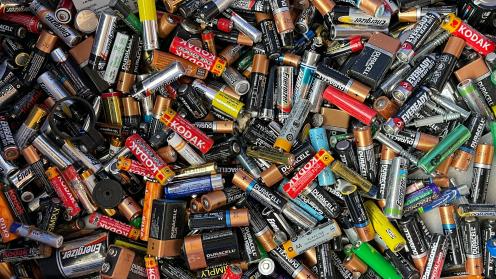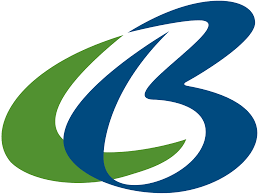Science every day identifies more hazardous constituents in waste. Recycling operations are also changing as new ways are found to recover valuable content from waste. These changes raise new questions for parties to the one of the oldest multilateral environmental agreements, the Basel Convention, as to how the waste trade can be better monitored and regulated.
The Fourteenth Meeting of the Basel Convention’s Open-ended Working Group (OEWG-14) is the only occasion for all parties to meet face-to-face before the next meeting of the Conference of the Parties, COP 17, takes place in April 2025. As such, there is a packed agenda for the four-day meeting as delegates aim to finalize text on several key issues, which will be forwarded to COP 17. While work will continue during the intersessional period, OEWG-14 provides parties with the chance to hammer out workable approaches to improving implementation of one of the world’s longest standing environmental agreements.
In opening statements, the African Group, Asia Pacific, Central and Eastern Europe, and the Latin American and Caribbean Group (GRULAC) emphasized the continuing need for strengthening technical assistance and capacity building and supporting regional work and cooperation among neighboring countries. Both GRULAC and the European Union (EU) stressed the importance of improving the prior informed consent (PIC) procedure, considered the keystone of the Basel Convention.
On the draft renewed strategic framework, delegates in plenary called for more work to be done on the overall vision, guiding principles, objectives, goals, and indicators. One contentious issue is the time frame of the strategic framework—whether it should be a 10-year framework or a shorter one to align with the 2030 timeline of the Sustainable Development Goals (SDGs). OEWG-14 established a contact group to continue these discussions, co-chaired by Keima Gardiner (Trinidad and Tobago) and Ole Thomas Thommesen (Norway). The contact group on the Strategic Framework will also address questions around how the PIC procedure can be improved, including questions around electronic notification, and countries’ different understandings of what constitutes transboundary movement.
On technical guidelines, delegates in plenary discussed several different waste streams. On e-waste, the OEWG adopted a decision inviting Parties and others to pilot-test the technical guidelines adopted by COP 16, and to report on their results to an expert working group that will update the guidelines in view of countries’ experiences, for COP 17’s consideration. On two draft technical guidelines for waste batteries—one on lead-acid batteries and the second on other types of batteries—several delegates called for further work on the former regarding health and safety aspects, and one asked for greater detail on the technologies for recycling all components of such batteries, including their plastic casing.
On revised technical guidelines on wastes consisting of, containing, or contaminated with persistent organic pollutants (“POPs wastes”), some developing countries felt that countries had limited capacity to detect POPs content at their borders and therefore the lowest possible POPs content values should be adopted, whereas another believed that countries’ management efforts would suffer if overly stringent limits were set. Delegates agreed to refer work on the general technical guidelines on POPs, four technical guidelines on specific POPs wastes, and on a draft format for the collection of information on low POPs content values, to a contact group on Technical Matters co-chaired by Katie Olley (United Kingdom) and Nawaf Bilasi (Saudi Arabia).
A contact group on Legal Matters, co-chaired by Perine Kasonde (Zambia) and Jason Dunn (Australia), will discuss proposed amendments to the Convention annexes on issues regarding waste categories to be controlled (Annex I), criteria for identifying hazardous characteristics (Annex III) and disposal operations (Annex IV). Some of the outstanding issues, in this regard, include concerns to maintain internal consistency of the Annex provisions, and at what point of the life cycle of materials their hazardous content should be determined.
The two contact groups on Technical Matters and Legal Matters began their deliberations in the late afternoon and continued late into the evening.
All ENB photos are free to use with attribution. For this event, please use: Photo by IISD/ENB | Anastasia Rodopoulou
To receive free coverage of global environmental events delivered to your inbox, subscribe to the ENB Update newsletter.

